how to build
1. Planning and Design
- Define Purpose: Determine the size and capacity based on expected guests.
- Choose a Location: Look for a suitable plot that meets zoning regulations.
- Design Layout: Create a floor plan including the main hall, kitchen, restrooms, and outdoor areas if needed.

2. Budgeting
- Estimate Costs: Factor in land purchase, construction, permits, furnishings, and décor.
- Financing: Explore options for loans or investors if needed.

3. Permits and Regulations
- Obtain Permits: Check local building codes and acquire necessary permits for construction.
- Compliance: Ensure your plans comply with safety and zoning regulations.

4. Construction
- Foundation: Lay a strong foundation based on soil type and building design.
- Structure: Build the framework (walls, roof, etc.) using appropriate materials (e.g., concrete, steel, wood).
- Insulation: Install insulation to maintain comfort and energy efficiency.

5. Utilities
- Plumbing and Electrical: Hire professionals to install plumbing and electrical systems.
- HVAC: Install heating, ventilation, and air conditioning systems for climate control.

6. Interior Design
- Flooring and Walls: Choose durable flooring (tile, carpet) and wall finishes (paint, wallpaper).
- Lighting: Install a mix of ambient and decorative lighting to create the desired atmosphere.
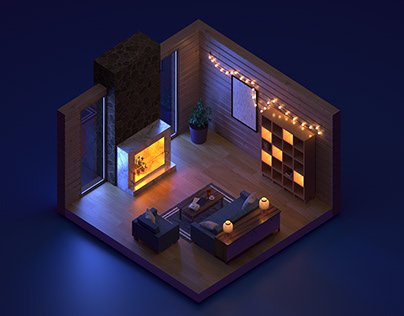
7. Furnishings and Decor
- Seating and Tables: Purchase or rent tables and chairs suitable for events.
- Decorations: Add personal touches with floral arrangements, drapes, and themed decor.

8. landscaping
- Outdoor Spaces: Design landscaping for curb appeal, including gardens, pathways, and seating areas.
- Parking: Ensure adequate parking space for guests.
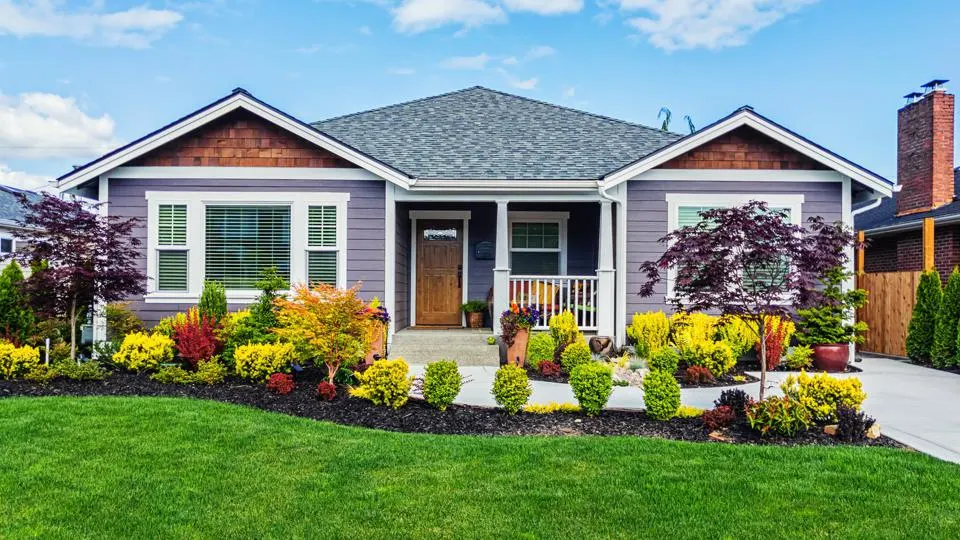
9. Final Inspections
- Building Inspections: Schedule final inspections with local authorities to ensure compliance with codes.
- Safety Features: Install fire alarms, exits, and other safety measures.
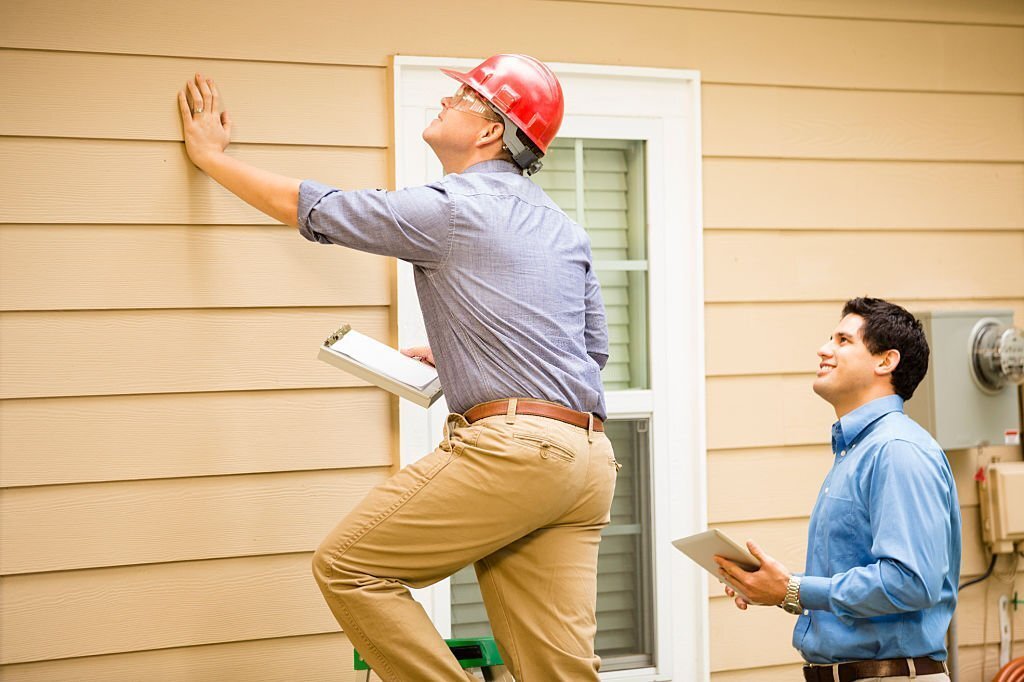
10. Marketing and Operations
- Promote Your Venue: Use social media, a website, and local advertising to attract clients.
- Event Management: Consider hiring staff or an event planner to assist with bookings and operations.

By following these steps, you can effectively build a party marriage hall that meets your vision and serves your community’s needs. and Regulations
- Obtain Permits: Check local building codes and acquire necessary permits for construction.
- Compliance: Ensure your plans comply with safety and zoning regulations.






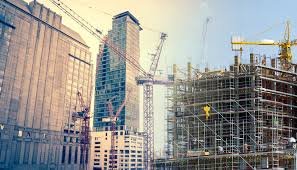
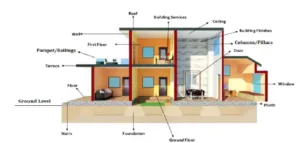



Add comment